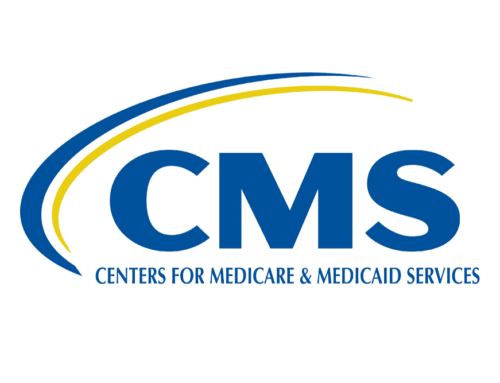CENTER UPDATE | April 2023
In this Issue:
- ACA Preventive Services Mandate Struck Down by Federal Judge
- Governor Whitmer Takes Action to Protect Coverage for Preventive Healthcare
- 6 in 10 Consumers with Private Insurance Use No-Cost Preventive Services
- Ruling to Block ACA Requirement for No-Cost Preventive Care Is Unpopular
- Patient Cost Exposure and Use of Preventive Care Among Individual Plans
- No-Cost Preventive Services are Now in Jeopardy – Here’s What You Need to Know
- New Legislation Aims to Widen First-Dollar Telehealth Coverage
- Can Value-Based Care Move the Needle on Health Equity?
- Center for Improving Value in Health Care Health Equity Analysis
- Integrating Medical and Social Care to Reduce Diabetes Inequities
- Estimated Uncovered Costs for HIV Pre-exposure Prophylaxis in the U.S.
- American Cancer Society Position Statement on Cost-Sharing for Cancer Screening
- Breast Cancer Costs Linger for Many Women as Medicare Falls Short
- Reallocating Cervical Cancer Preventive Service Spending
- At Least Half of U.S. Adults Worry a Great Deal About Healthcare
- Access Problems and Cost Concerns of Younger Medicare Beneficiaries
- Webinar: Patient Access, Affordability & Equity in a Dynamic Environment

ACA Preventive Services Mandate Struck Down by Federal Judge
On March 30, Judge Reed C. O’Connor, of the U.S. District Court for the Northern District of Texas, ruled that USPSTF recommendations are unconstitutional because the task force members are not appointed by the President and confirmed by the Senate. The ruling blocks Section 2713 of the ACA that requires coverage without cost-sharing of preventive services to which the U.S. Preventive Services Task Force (USPTF) assigns a rating of “A” or “B.”


Governor Whitmer Secures Commitments from Insurers to Protect Coverage for No-Cost Preventive Healthcare
In an effort to protect preventive care coverage for Michigan residents, Governor Gretchen Whitmer has directed the Michigan Department of Insurance and Financial Services to take action, including issuing guidance to help inform residents of which preventive care services are affected by the court’s decision and to begin working with health insurers to ensure coverage for these lifesaving healthcare services.

6 in 10 Consumers with Private Insurance Use No-Cost Preventive Services
A KFF analysis of claims data estimates that 60% of people with private health insurance utilized at least one ACA-mandated preventive service without cost-sharing. Women and children were more likely than men to have used at least one no-cost preventive service, and the most common services were vaccinations, well woman and well child visits, and screenings for heart disease, cervical cancer, diabetes, and breast cancer.

A Federal Judge’s Ruling to Block ACA Requirement for No-Cost Preventive Care is Unpopular
A new Morning Consult survey found that half of the general American public disapprove of Judge Reed O’Connor’s decision to strike down Affordable Care Act Section 2713, which required health plans to cover certain preventive services at no cost. Democrats, Republicans and independents are all more likely than not to disapprove of the ruling.

Patient Cost Exposure and Use of Preventive Care Among ACA-Compliant Individual Plans
As ACA-mandated free preventive care faces a federal court battle, claims data for individual ACA-compliant health plans between 2016 and 2018 has found that 21%-61% of patients experienced same-day cost exposure greater than $0 when accessing these services. For those who received bills, costs were highest for colonoscopies and lowest for wellness exams.
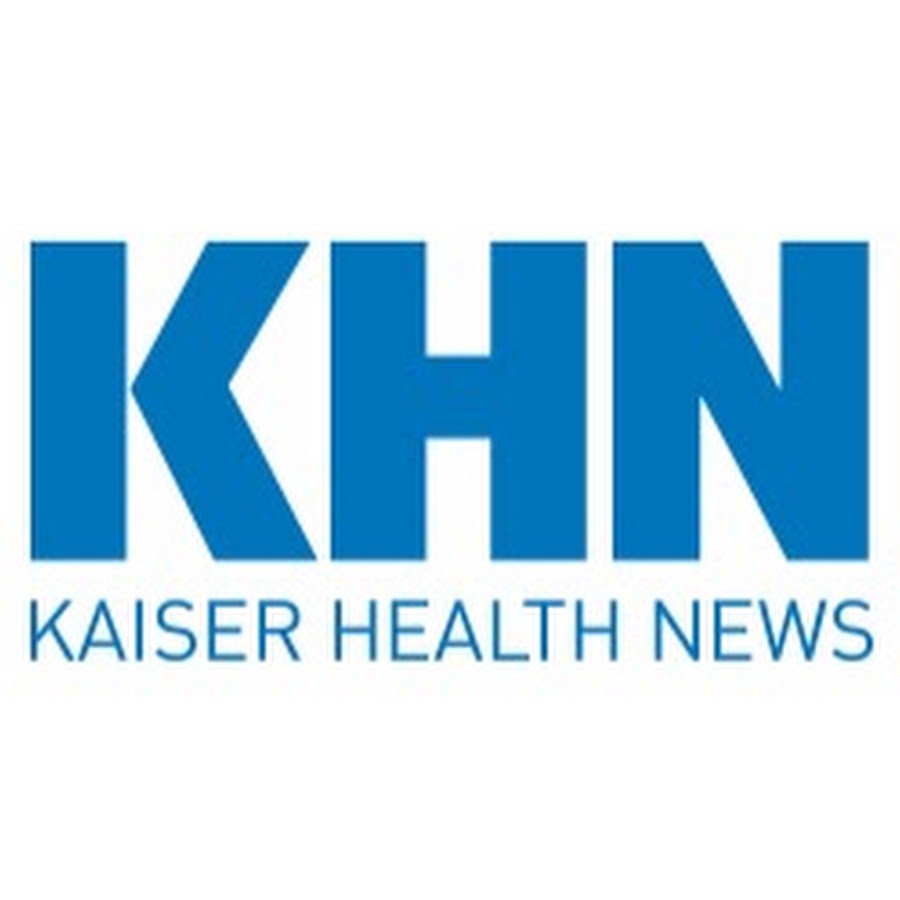
No-Cost Preventive Services are Now in Jeopardy - Here’s What You Need to Know
A KHN article discusses implications of the Braidwood v. Becerra decision for insured patients, including what the ruling means for USPSTF recommendations post-2010. Congress could remedy much of the uncertainty by giving the task force recommendations approval by the secretary of the Department of Health and Human Services, says Dr. Mark Fendrick.

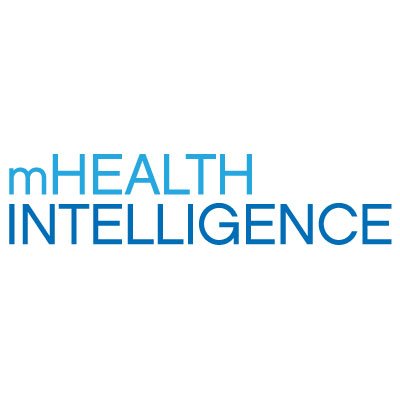
New Legislation Aims to Widen First-Dollar Telehealth Coverage
The bipartisan Telehealth Expansion Act has been introduced in the U.S. House of Representatives. The bill is an extension of the CARES Act and would increase access to telehealth services by eliminating the deductible requirement for those with Health Savings Accounts. This is the latest in the efforts to reduce cumbersome out-of-pocket costs for patients receiving telehealth services, who may face additional expenses such as facility fees on top of doctors bills.


Can Value-Based Care Move the Needle on Health Equity?
An interview with leaders of the Deloitte Health Equity Institute, Population Health Innovation practice, and Physician and Ambulatory Services team explores how value-based care models can help create a more equitable health care system. Their conversation touched on how value-based care helps remove barriers and address socioeconomic barriers of health, what kind of data measures quality and equity, and how health care organizations can benefit from these models.
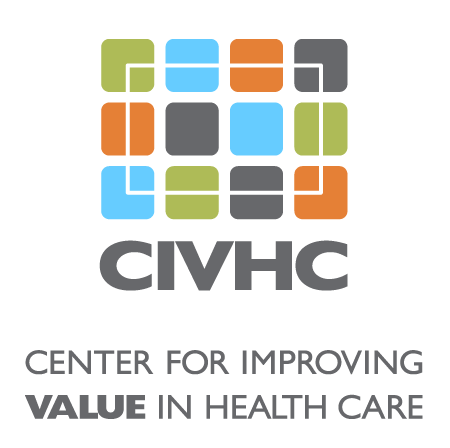
Center for Improving Value in Health Care Health Equity Analysis
An analysis of the Colorado All Payer Claims Database found that social factors such as income, housing, race, and education are strongly associated with potentially preventable visits to the emergency department. Adults in Colorado with more social and economic barriers tend to receive preventive care less frequently.
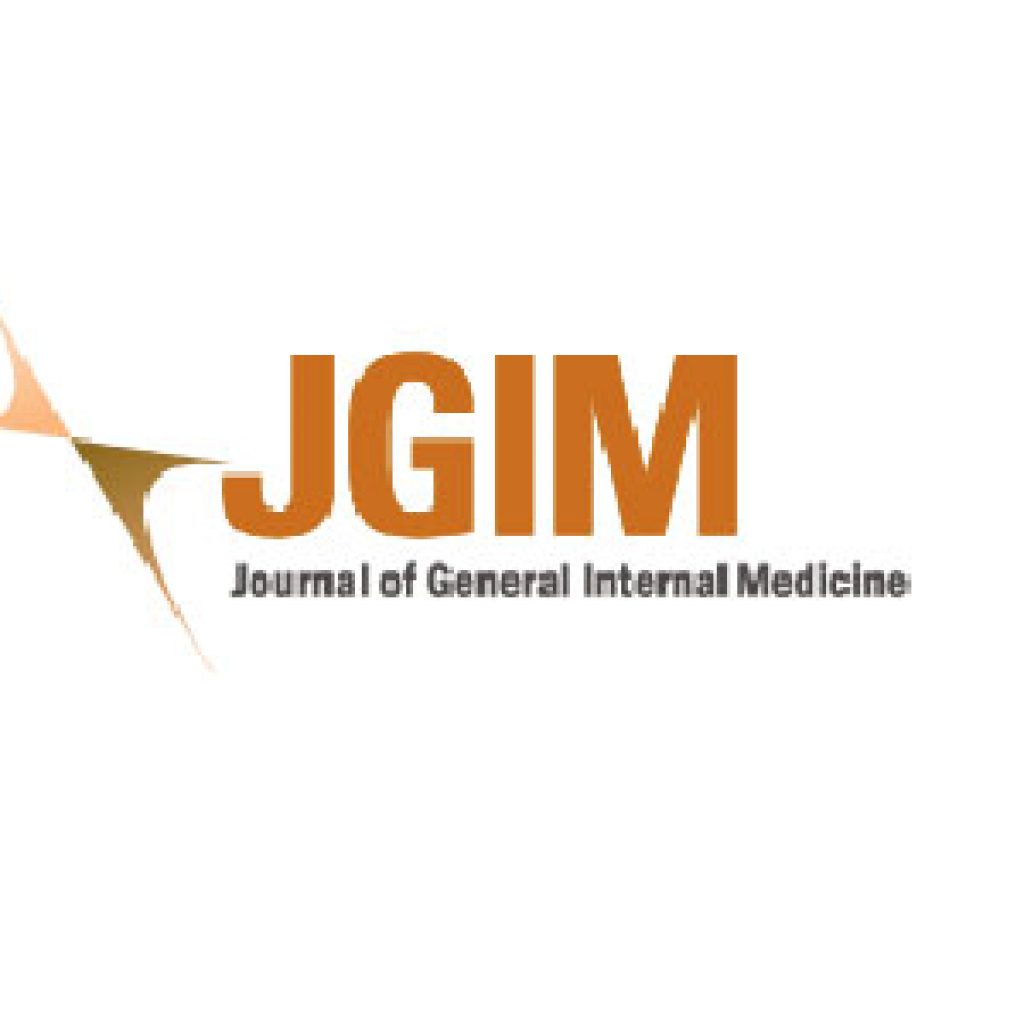
Integrating Medical and Social Care to Reduce Diabetes Inequities
A literature review recently highlighted the innovations, outcomes, and lessons learned from 8 teams funded by the Merck Foundation’s Bridging the Gap program, which aims to reduce disparities among adults with diabetes by integrating medical and social care and developing sustainable financial models. Researchers found that community-engaged approaches are a critical strategy to reduce inequities in care and outcomes for adults with diabetes.

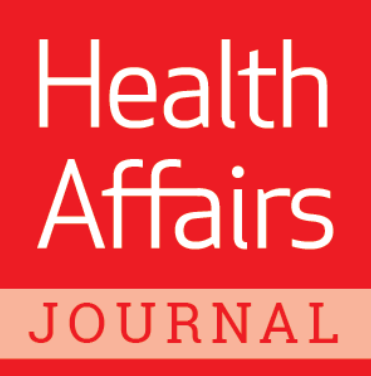
Estimated Uncovered Costs for HIV Pre-exposure Prophylaxis in the U.S.
The recent Braidwood v. Becerra decision threatens patient access to HIV pre-exposure prophylaxis (PrEP) medication and care, of which cost is a key barrier. Research based on 2018 data found that 4% of U.S. adults with PrEP indications incurred $102.4 million in total annual uncovered costs.

American Cancer Society Position Statement on Cost-Sharing for Cancer Screening and Follow-up
The American Cancer Society released an official statement calling for strong polices that eliminate cost-sharing for recommended cancer screening and follow-up testing through the diagnosis of cancer. Research shows that cost barriers to follow-up care after an initial screening reduce utilization of both nonessential and essential care, result in enduring financial hardship, and may lead to premature mortality.

Breast Cancer Costs Linger for Many Women as Medicare Falls Short
An examination of the financial landscape for women with breast cancer highlights the lack of coverage among those insured by Medicare. Co-pays for medicines, doctor visits, and hospitalization lead patients to skip medical appointments and prescription refills, and many rely on assistance programs to cover their medical care and associated costs.

Reallocating Cervical Cancer Preventive Service Spending from Low- to High-Value Clinical Scenarios
Research shows Analysis of claims from the Virginia All-Payer Claims Database determined that 34% of cervical cancer screenings in 2019 were low-value. Authors suggest that reallocating these expenditures toward increased coverage for necessary follow-up care would enhance cervical cancer prevention, equity, and outcomes.

At Least Half of U.S. Adults Worry a Great Deal About Healthcare
According to a Gallup poll released last week, over half of Americans said they worry a great deal about the availability and affordability of health care, up 5 percentage points from last year. A summary of the survey notes that availability and affordability of health care ranks as the third-highest concern this year, tied with crime and violence.
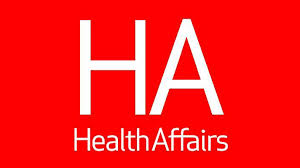
Access Problems and Cost Concerns of Younger Medicare Beneficiaries Exceeded Those of Older Beneficiaries In 2019
In a comparison of Medicare beneficiaries over the age of 65 and Medicare beneficiaries with long-term disabilities under the age of 65, researchers found that younger beneficiaries reported worse access to care, more cost concerns, and lower satisfaction with care. Cost concerns were highest among those without supplemental coverage.

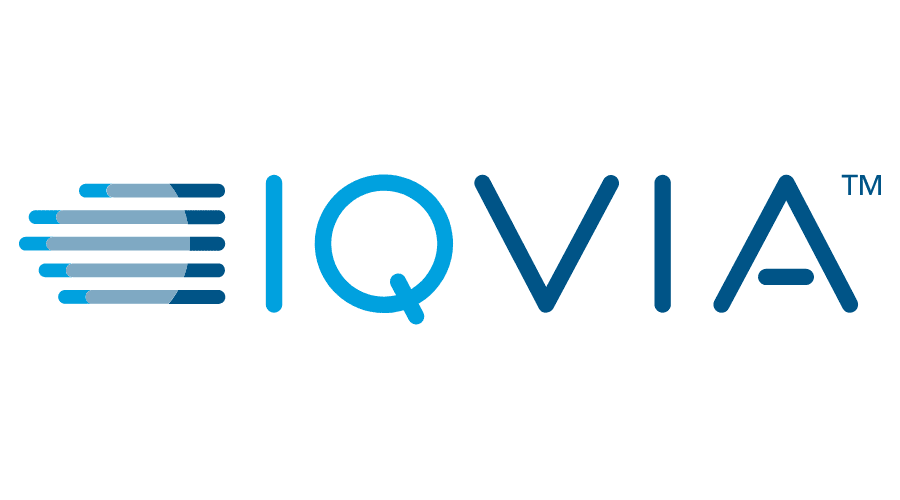
Webinar: Patient Access, Affordability & Equity in a Dynamic Environment
Register now for the IQVIA webinar on patient access, affordability, and equity taking place on Wednesday, April 12. Speakers, including V-BID Center Director Mark Fendrick, M.D., will discuss research on the impact of benefit design policies on historically marginalized populations. as well as patient-centered polices that can improve access and affordability.
Please Help Support the V-BID Center
As we near the end of 2022, we recognize our accomplishments over the past year and look ahead to all we can achieve at the University of Michigan Center for Value-Based Insurance Design. Generosity from collaborators and friends like you allows us to remain focused on equity enhancing programs that improve access and affordability to essential clinical services
You will play an essential role in the future success of the V-BID Center by making a gift today. Thank you for your support.




